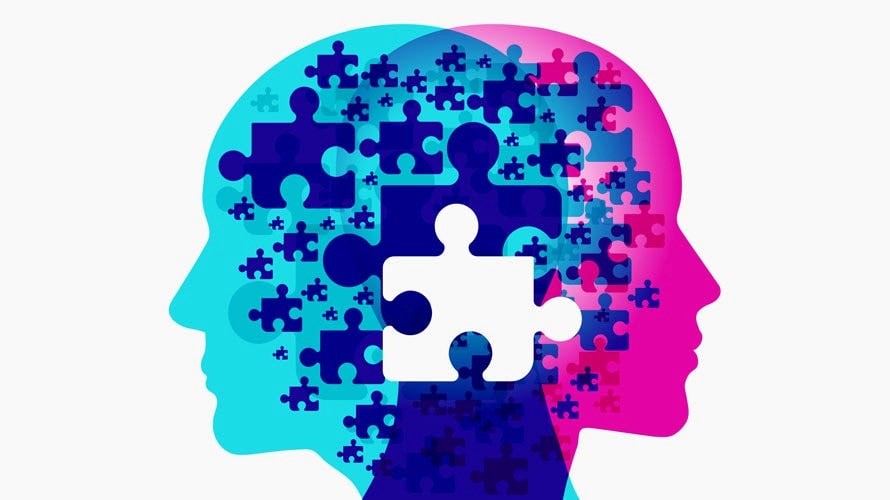
The advent of Artificial Intelligence (AI) has revolutionized numerous sectors, from finance to transportation. One of the most promising and impactful applications of AI lies in the realm of health behavior modification. By leveraging advanced algorithms, machine learning, and data analytics, AI is transforming how individuals manage their health behaviors, leading to improved outcomes and enhanced quality of life.
Understanding Health Behavior Modification
Health behavior modification refers to the process of altering habits and behaviors to improve health outcomes. This can include quitting smoking, adopting a healthier diet, increasing physical activity, and managing chronic conditions such as diabetes or hypertension. Traditionally, health behavior modification has relied on human intervention, including counseling, education, and support groups. However, these methods often face challenges such as limited accessibility, high costs, and inconsistent follow-through.

The Integration of AI in Health Behavior Modification
AI offers a transformative approach to health behavior modification by addressing these challenges through personalized, scalable, and cost-effective solutions. Below are several key areas where AI is making a significant impact:
Personalized Health Interventions
AI algorithms can analyze vast amounts of data to identify individual health patterns and predict future behaviors. By leveraging data from wearable devices, electronic health records, and mobile applications, AI can provide personalized recommendations and interventions. For example, an AI-driven app can monitor a user’s physical activity and dietary habits, offering tailored suggestions to improve their lifestyle. This personalized approach increases the likelihood of sustained behavior change compared to generic advice.
Predictive Analytics
Predictive analytics is a powerful tool in AI that can forecast potential health risks and outcomes based on historical data. In health behavior modification, predictive analytics can identify individuals at high risk of developing chronic conditions or experiencing adverse health events. By predicting these risks, AI can prompt timely interventions, such as reminders for medication adherence or alerts for increased physical activity. This proactive approach helps in preventing health issues before they escalate.
Behavioral Nudging
Behavioral nudging involves subtle prompts and cues that encourage individuals to make healthier choices. AI can enhance this technique by delivering timely and context-specific nudges. For instance, an AI-powered app can send reminders to drink water, take short walks, or practice mindfulness based on the user’s daily routine and preferences. These nudges can be customized to align with the individual’s goals and motivations, making them more effective in promoting behavior change.
Virtual Health Coaches
Virtual health coaches powered by AI are becoming increasingly popular in supporting health behavior modification. These digital coaches can provide continuous guidance, motivation, and feedback. They can simulate human interactions and offer empathetic support, making the user feel understood and encouraged. Virtual health coaches can also adapt their strategies based on the user’s progress, ensuring that the interventions remain relevant and effective over time.
Gamification
Gamification leverages game design elements to motivate and engage individuals in health behavior modification. AI can enhance gamification by creating personalized challenges, rewards, and progress tracking. For example, an AI-driven fitness app can design custom workout plans, set achievable milestones, and reward users with virtual badges or points. By making health behavior modification enjoyable and rewarding, AI-driven gamification can increase adherence and long-term success.
Natural Language Processing (NLP)
NLP, a subset of AI, enables machines to understand and respond to human language. In health behavior modification, NLP can facilitate communication between users and AI systems. Chatbots powered by NLP can provide real-time support, answer health-related queries, and offer evidence-based advice. This instant access to information and support can empower individuals to make informed decisions about their health behaviors.

Challenges and Ethical Considerations
While AI holds immense potential in health behavior modification, it is essential to address the associated challenges and ethical considerations. One of the primary concerns is data privacy and security. The collection and analysis of personal health data require stringent measures to protect user confidentiality and prevent unauthorized access.
Another challenge is the potential for algorithmic bias. AI systems are trained on historical data, which may contain biases that can lead to unequal treatment or recommendations. Ensuring fairness and equity in AI-driven health interventions is crucial to avoid exacerbating health disparities.
Moreover, the reliance on AI should not undermine the importance of human interaction and empathy in healthcare. While AI can provide valuable support, the role of healthcare professionals in offering personalized care and emotional support remains irreplaceable.
Future Directions
The future of AI in health behavior modification is promising, with ongoing advancements in technology and research. Integrating AI with other emerging technologies, such as the Internet of Things (IoT) and blockchain, can further enhance the effectiveness and security of health interventions. Additionally, the development of explainable AI can increase transparency and trust, allowing users to understand how AI-driven recommendations are generated.
Collaboration between technology developers, healthcare providers, and policymakers is essential to create a supportive ecosystem for AI-driven health behavior modification. By fostering innovation, ensuring ethical practices, and prioritizing user-centric design, AI can continue to play a pivotal role in improving health behaviors and outcomes.
Conclusion
AI is redefining the landscape of health behavior modification by offering personalized, predictive, and engaging solutions. Through personalized health interventions, predictive analytics, behavioral nudging, virtual health coaches, gamification, and NLP, AI empowers individuals to take control of their health and make sustainable behavior changes. However, addressing challenges related to data privacy, algorithmic bias, and the need for human interaction is crucial to fully harness the potential of AI in this field. As technology continues to evolve, AI will undoubtedly play an increasingly vital role in shaping the future of health behavior modification.










